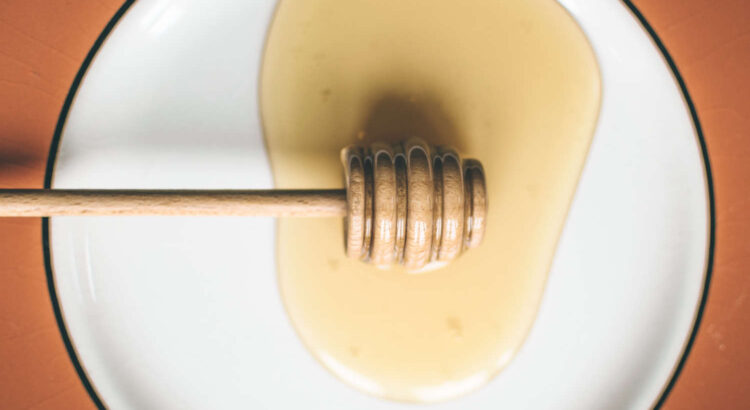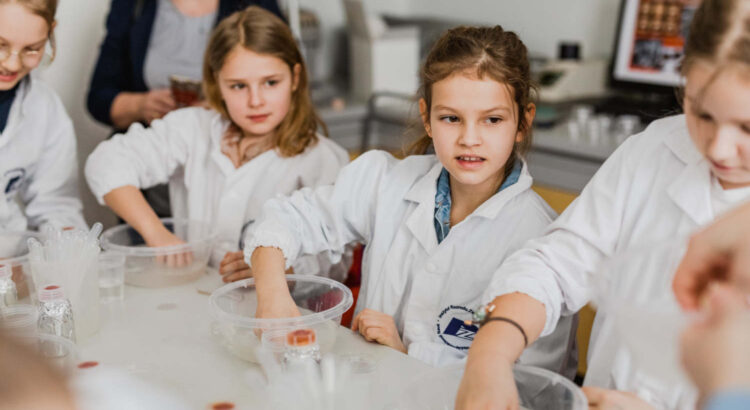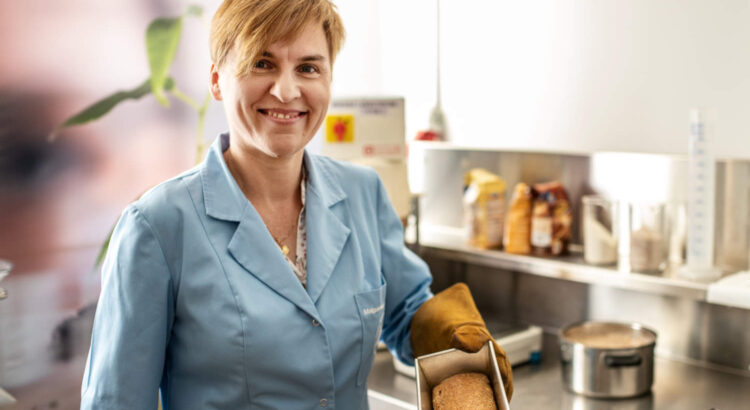The potential of honey to prevent e.g. hypertension, obesity and neurological diseases will be examined by scientists from the Department of Chemistry and Biodynamics of Food at IARFR PAS, as part of a project financed by the National Center for Research and Development.
– Honey is rich in many ingredients with health-promoting properties, which has already been described in scientific publications. We will test the potential of honey in the prevention of civilization diseases. We will verify whether honeys – enriched with targeted additions of antioxidants of natural origin – have the potential to prevent i.a. hypertension, obesity or neurological diseases such as Alzheimer’s – says Dr. Małgorzata Starowicz, head of the Department of Food Chemistry and Biodynamics of Food at IARFR PAS in Olsztyn.
Poland is the largest producer of honey in Europe, and its production is an important element of the national economy.
In the opinion of Dr. Małgorzata Starowicz, it is worth monitoring and improving analytical techniques for determining the level of bioactive compounds, i.e. those that can affect the proper functioning of our body, because high environmental pollution, the use of plant protection products or climate changes (e.g. droughts) negatively affect the amount of honey produced by bees and its quality.
– The most commonly consumed types of honey are multiflorous, linden and buckwheat. All honeys are healthy, but in our previous studies we showed that the latter – buckwheat honey – is the richest source of polyphenolic compounds among the basic types of honey and it shows the highest antioxidant activity – the scientist points out.
What to look for when buying honey?
– Consumers are often guided by the crystallization of honey, considering it a negative value, but it is a natural process. It is worth remembering that each honey is specific in this respect, e.g. acacia honey can remain liquid for several months, unlike rapeseed honey, which crystallizes very quickly, because the crystallization process begins after 1-2 weeks. In turn, heather honey crystallizes, taking the form of a „jelly” – says the researcher.
She also reminds that it is best to buy honey straight from the apiary or from local producers.



